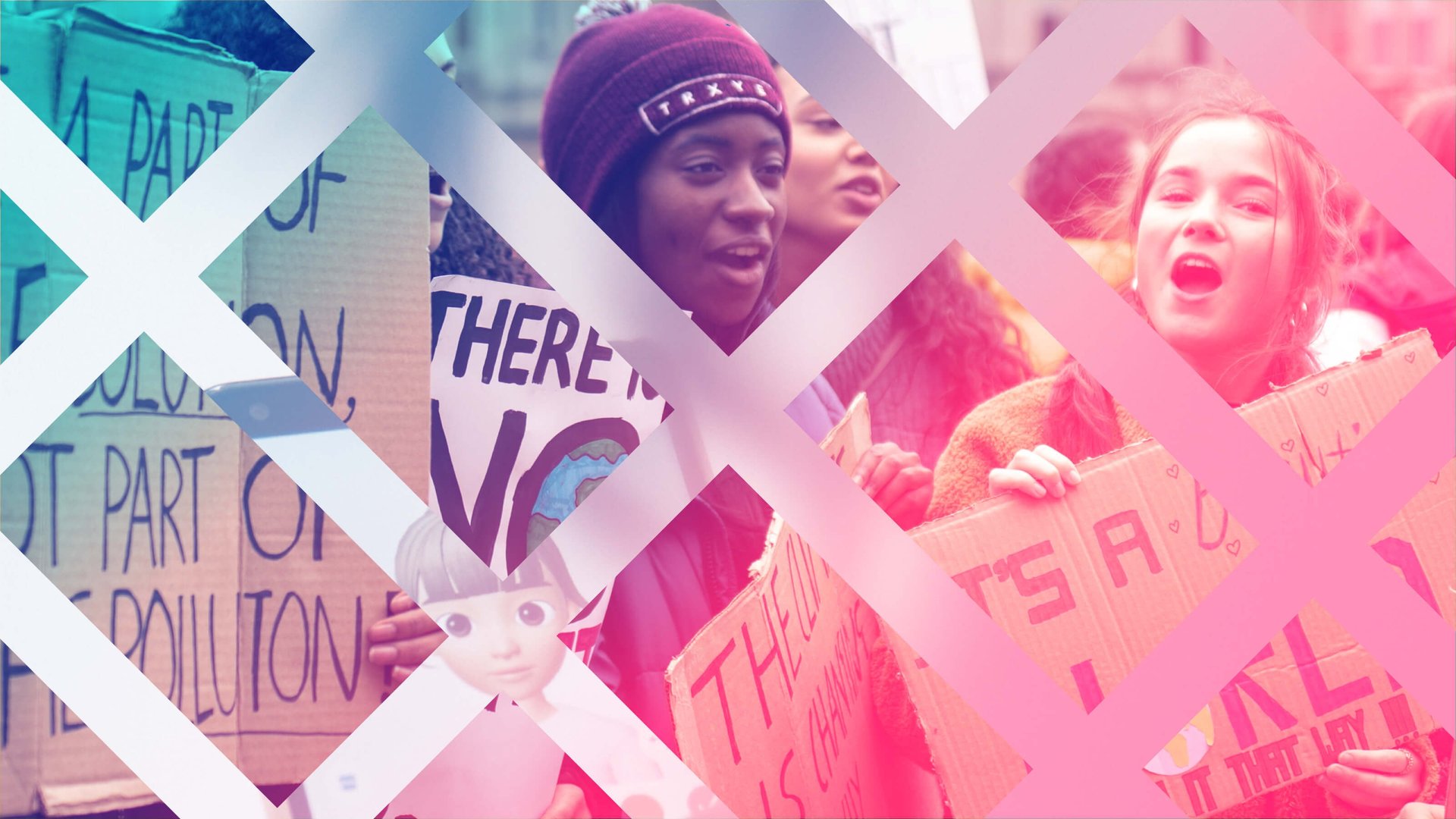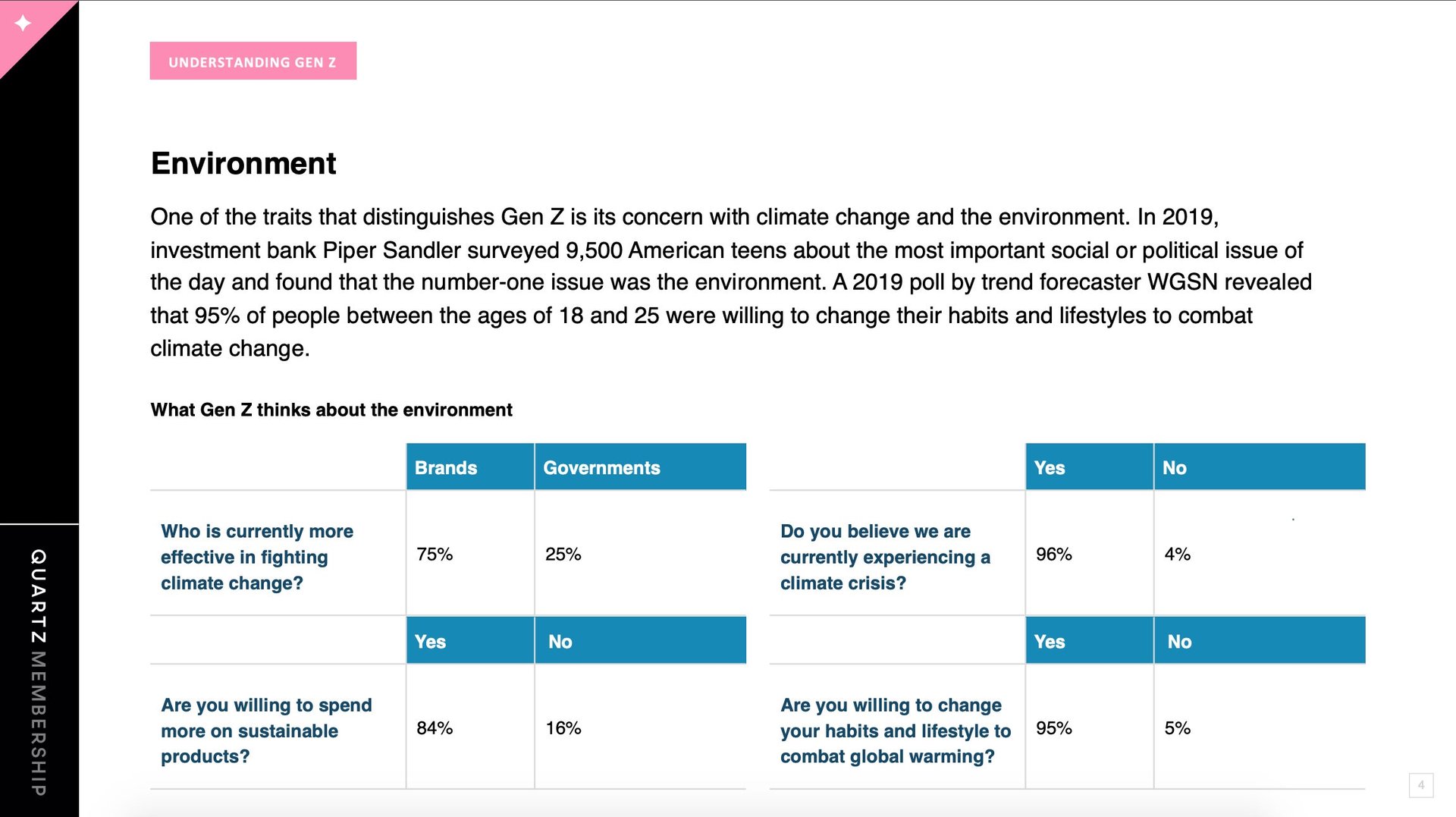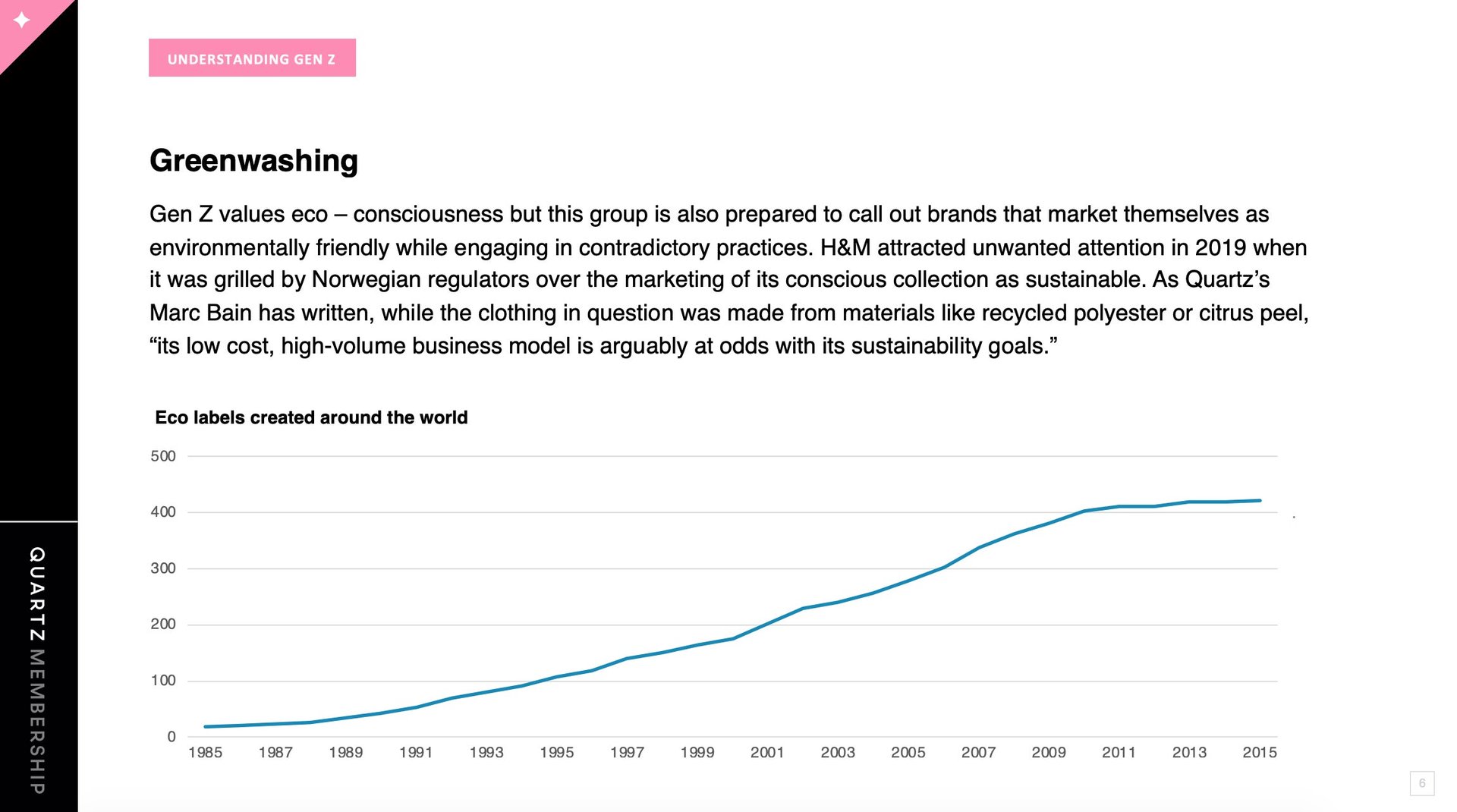What companies need to understand about Gen Z
Today’s teens and young adults have never experienced life without smartphones. They’ve grown up connected to their peers, influences, and brands across the world through a screen. That’s led to a completely different relationship with corporations compared to previous generations. With an estimated $150 billion in spending power in the US alone, according to the consulting firm McKinsey & Company, companies can no longer depend on traditional cultural gatekeepers to reach today’s young consumers. They’ll have to meet Gen Z on their own terms.


Today’s teens and young adults have never experienced life without smartphones. They’ve grown up connected to their peers, influences, and brands across the world through a screen. That’s led to a completely different relationship with corporations compared to previous generations. With an estimated $150 billion in spending power in the US alone, according to the consulting firm McKinsey & Company, companies can no longer depend on traditional cultural gatekeepers to reach today’s young consumers. They’ll have to meet Gen Z on their own terms.
Quartz’s latest presentation looks at the progressive priorities driving Gen Z, from the environment to body positivity, and what this means for companies hoping to connect with young people.

One of the traits that distinguishes Gen Z is its concern with climate change and the environment. In 2019, investment bank Piper Sandler surveyed 9,500 American teens about the most important social or political issue of the day and found that the number-one issue was the environment. A 2019 poll by trend forecaster WGSN revealed that 95% of people between the ages of 18 and 25 were willing to change their habits and lifestyles to combat climate change.
Already skeptical of brands and their motives, Gen Z is unafraid of calling companies out for overhyping how progressive they are. They’ve criticized several brands of “greenwashing,” or purporting to be more environmentally-friendly, for example. Social media compounds the risk for companies with policies that run afoul of Gen Z’s political and ethical priorities, says Jessica Blackler, the 24-year-old founder of the UK-based gender-free makeup line Jecca Blac.

The coronavirus pandemic will be a watershed moment in the lives of Gen Z and is likely to strengthen their existing tendencies to save money, value security, and prize thriftiness and conscious consumption. It may also make them even more demanding of change—from governments, companies, and their workplaces.
To see all of the slides, you can view the PDF version or download the PowerPoint file, which includes our sources and notes. This is one of an ongoing series of member-exclusive presentations, which you can read, reformat, and use as you wish. And if you enjoyed this presentation, check out our field guide on What Gen Z wants.
Please share any feedback about what would make these presentations more useful—or topics you’d like to see us cover—by emailing us at [email protected]. These presentations are an exclusive benefit for Quartz members. We’d love it if you’d encourage any friends or colleagues who express interest to become a member so they can access them too.